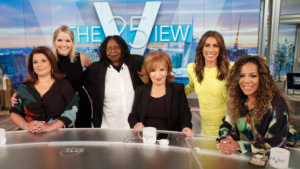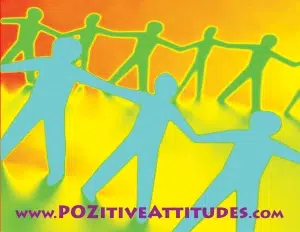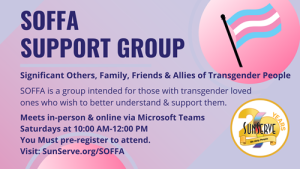Drag, a longstanding form of performance art within the LGBTQ+ community, has been increasingly visible in mainstream culture thanks in large part to the success of shows like RuPaul’s Drag Race. But as the art form gains greater exposure, it is also facing pushback and censorship from lawmakers who claim that drag performances are inappropriate for children and should be restricted.
One example of this pushback is the growing trend of “drag-queen story hours” in libraries across the country. These events feature drag performers reading children’s books with themes of self-acceptance and diversity, and are intended to promote acceptance and tolerance. However, they have sparked controversy and backlash from conservative groups who believe that drag queens are not appropriate role models for children.
In response to these events, lawmakers in at least 15 states have proposed bills to restrict drag performances. Some states have sought to classify venues that host drag shows as “sexually oriented businesses,” which can face restrictions and costs. Others are trying to prevent public funds from going towards drag events, with some cities having used taxpayer money to sponsor drag-queen story hour events.
The most extreme measures being proposed would make it a felony to expose a minor to a drag performance, with potential jail time for offenders. Such proposals have been put forward in Missouri, North Dakota, and Tennessee, among other states.
Advocates for drag performers argue that these bills are an attempt to discriminate against the LGBTQ+ community and restrict freedom of expression. They point out that drag has a long history within queer communities and that the performances are not inherently sexual in nature.
Furthermore, they argue that drag-queen story hours can provide an opportunity for children to learn about diversity and acceptance in a fun and engaging way. Many parents and librarians who have organized these events have reported positive feedback from children and families, who appreciate the message of self-love and acceptance.
While the debate over drag performances in public spaces continues, the popularity of shows like RuPaul’s Drag Race suggests that drag is becoming more mainstream and accepted by many. However, the backlash against drag performers and events highlights the ongoing struggle for equality and acceptance for LGBTQ+ individuals in the United States.


















